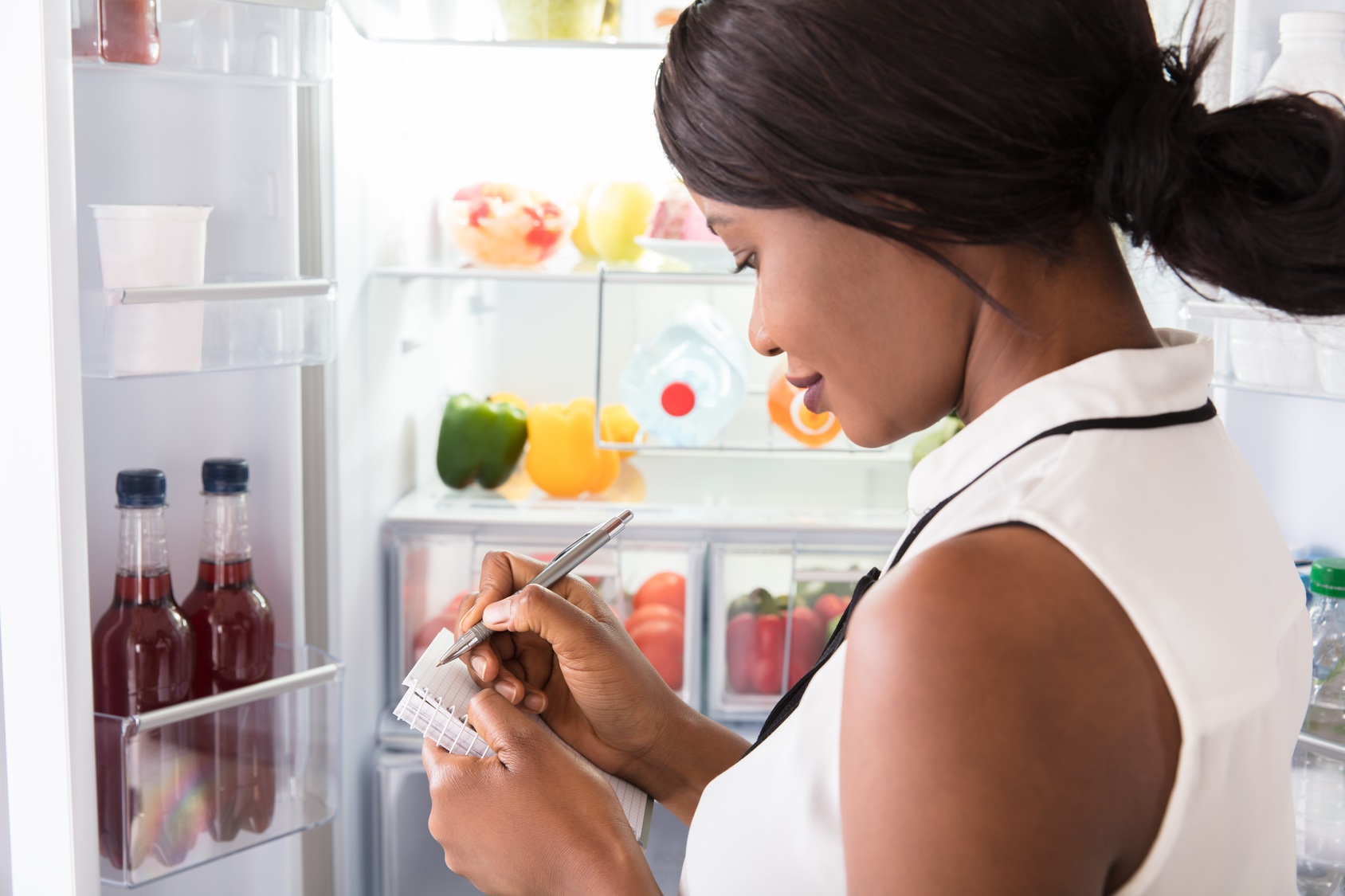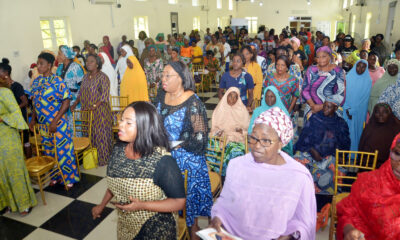Ghanaian Consumer Confidence Declines by 15 Points
Lagos, 7 July 2020 – Against the backdrop of the unprecedented COVID-19 pandemic, West African consumer sentiment has experienced a sharp drop in the Nielsen Consumer Confidence Index (CCI) for Quarter 2, 2020. Ghana’s figures show a substantial decrease of 15 points to 104, while Nigeria’s CCI has decreased by 14 points to 108.
Looking at Ghana’s performance, Yannick Nkembe, Market Lead for Nielsen West Africa Expanded Market, comments; “The latest consumer sentiments reflect the market reality. With the global pandemic affecting the economy and causing general uncertainty all around, consumers have readjusted their confidence levels and are also more cautious with their spend.”
Ghanaians have significantly dropped their outlook around their job prospects, with less than half (45%) saying they will be good or excellent in the next 12 months – a 16 point decrease from the previous quarter. In terms of the state of their personal finances over the next 12 months, 60% say they are excellent or good, again a substantial 16 point drop from the previous quarter.
Ghanaians propensity to purchase has also seen a considerable decrease quarter on quarter, with the number of those who think now is a good or excellent time to purchase what they want or need drop from 52% to 33% in the second quarter.
Only 43% of Ghanaians say they have spare cash, down 13 points from the previous quarter. Once they meet their essential living expenses, the highest number of consumers (74%) put their spare cash into savings, followed by 73% on home improvements/decorating and 56% who would invest in stocks and mutual funds. One of the most significant drops in discretionary spending is on holidays down from 58% to 27% – a clear indicator of consumers’ mindset shift away from non-essential services and their desire to avoid unnecessary travel.
Reality bites
When asked whether they had changed their spending to save on household expenses compared to this time last year, 75% said yes, up seven points from the previous quarter. To reduce expenses, 53% said they spent less on new clothes, 52% on out of home entertainment, with the same figure deferring on the replacement of major household items.
When looking at the real-life factors that are affecting their outlook, the top consumer concerns over the next twelve months were increasing food prices (29%), followed by work/life balance (23%) and their children’s education (22%). Nkembe comments; “Ghana has previously experienced strong business prospects and with the relatively earlier easing of restrictions to stimulate its economy, recovery in Ghana is likely to rebound sooner. We expect consumers to revert to previous consumption behaviours, although some of their attitudes will have fundamentally or permanently changed post the pandemic.”
Subdued sentiment in Nigeria
In tandem with the rest of the world, Nigeria’s CCI figure dropped by 14 points. Commenting on the reasons for this, Nielsen Nigeria MD Ged Nooy says; “As Africa’s largest economy and the largest exporter of oil, Nigeria’s economy was already under immense pressure before the COVID-19 lockdown due to the collapse in international oil prices. Based on the additional economic pressure as a result of the COVID-19 pandemic, Nigeria, therefore, instituted a fairly early easing of its 5-week lockdown in early May due to the adverse financial effects on its economy and population.”
Looking at the consumer picture during this time (Quarter 2, 2020) Nigerian job prospects declined with less than half viewing them as excellent or good, a 14 point drop from the previous quarter. Nigerians’ sentiment around the state of their personal finances also showed a decline with 59% who think they will be excellent or good over the next year, having decreased 19 points from the previous quarter. Immediate-spending intentions also declined, with only a third of the respondents saying “now is a good or excellent time to purchase” what they want or need, a 14 point drop from the previous quarter.
In terms of whether Nigerians have spare cash to spend, 32% said yes, versus 50% in the previous quarter. When we look at Nigerians spending priorities, once they have met their essential living expenses, 81% said they would put their spare cash into savings, 73% said home improvements and decorating and 66% would invest in shares/mutual funds.
Seventy-six per cent of Nigerians said they had changed their spending to save on household expenses compared to this time last year. To reduce expenses, 67% said they had delayed the replacement of major household items (a 10 point increase on the previous quarter). Sixty-four per cent said they would spend less on new clothes and 56% said less out of home entertainment – both of which are understandable given ongoing restricted living patterns.
In the next 12 months, Nigerians said their top concern would be attaining a work/life balance (31%), which has seen the biggest increase of eight points compared to the previous quarter. This is followed by increasing food prices (23%) and concerns over the economy (19%).
Elaborating on these results, Nooy says; “Economic recovery has been sluggish and will remain severely constricted due to the oil price crash amidst and beyond the pandemic. For Nigeria’s manufacturing and retail sectors to rebound will require a sharp focus, as trade opportunities and execution remains severely constrained, having further deteriorated during the partially restricted living period.”

 Naira3 weeks ago
Naira3 weeks ago
 News4 weeks ago
News4 weeks ago
 Naira4 weeks ago
Naira4 weeks ago
 Naira3 weeks ago
Naira3 weeks ago
 Jobs4 weeks ago
Jobs4 weeks ago
 Travel3 weeks ago
Travel3 weeks ago
 Naira3 weeks ago
Naira3 weeks ago
 Investment4 weeks ago
Investment4 weeks ago






























